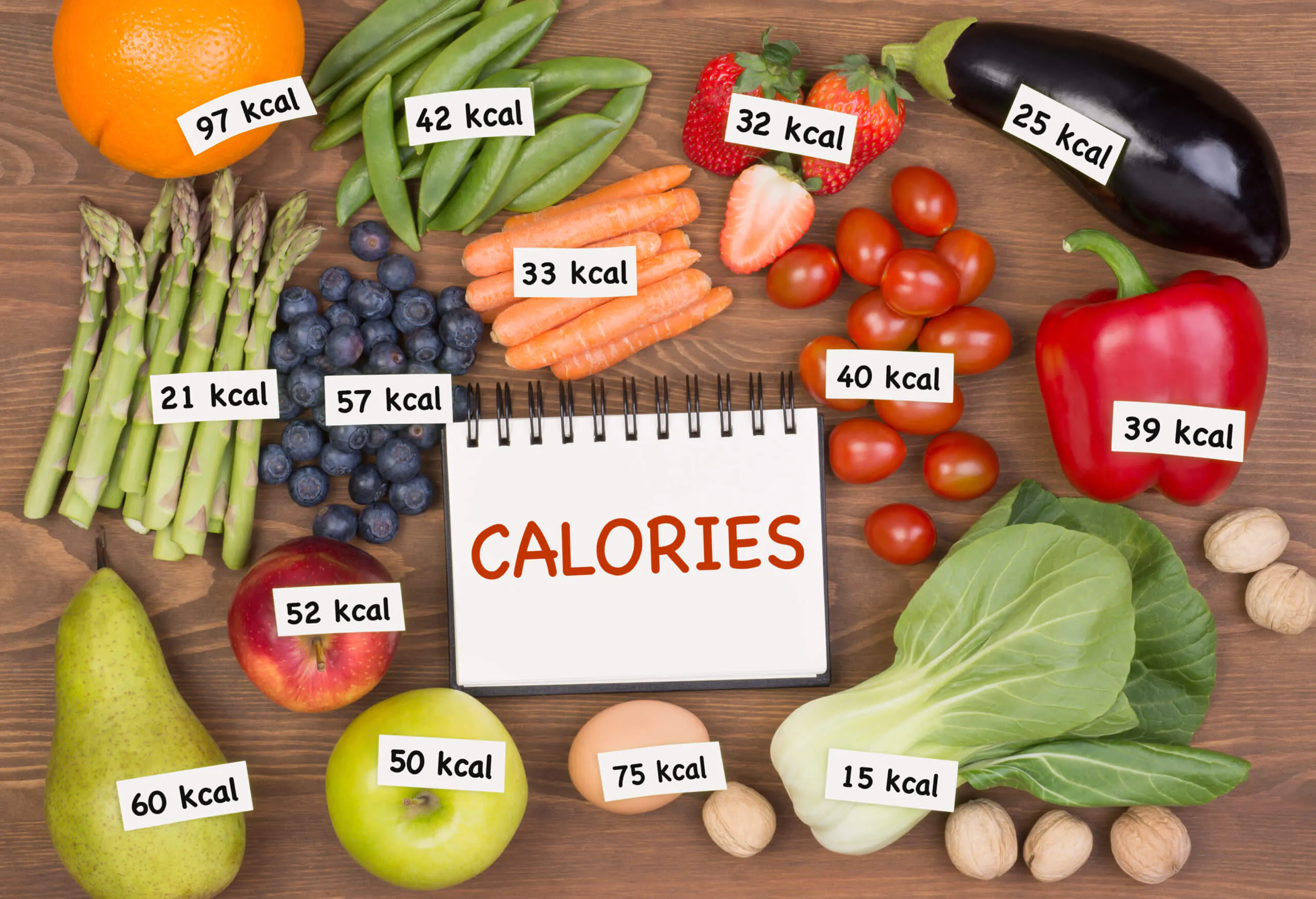In today’s world, where obesity rates are skyrocketing, and chronic diseases related to unhealthy lifestyles are on the rise, the concept of a “calorie deficit” has become a focal point in discussions surrounding weight loss and overall health. While the term “calorie deficit” may sound intimidating to some, it is a powerful tool that, when properly understood and applied, can lead to sustainable weight loss and improved well-being. This article delves into the science behind calorie deficit, its benefits, and how to achieve it in a balanced and healthy way.
Understanding the Calorie Deficit
A calorie deficit occurs when an individual consumes fewer calories than their body expends in a day. To lose weight, the body must burn more calories than it consumes, prompting it to tap into its energy reserves stored in fat cells. This deficit forces the body to utilize stored fat as a primary source of energy, resulting in weight loss over time.
Caloric Expenditure
Before discussing how to create a calorie deficit, it’s essential to understand the factors that contribute to caloric expenditure. The body expends energy through several mechanisms:
a. Basal Metabolic Rate (BMR): BMR represents the energy expended at rest to maintain essential bodily functions such as breathing, circulating blood, and cellular processes. Factors influencing BMR include age, gender, weight, height, and body composition.
b. Physical Activity: Engaging in physical activities like exercise, walking, or even fidgeting contributes to the daily caloric expenditure. The more active a person is, the more calories they burn.
c. Thermic Effect of Food (TEF): The body expends energy to digest, absorb, and process the nutrients from the food we eat. Different foods have varying TEF, with protein requiring more energy for digestion compared to fats and carbohydrates.
Caloric Intake
To achieve a calorie deficit, individuals need to monitor their caloric intake. This involves understanding the caloric content of foods and beverages consumed throughout the day. Keeping track of portion sizes and reading nutritional labels can be valuable in managing caloric intake effectively.
Benefits of a Calorie Deficit
- Weight Loss and Fat Reduction
The primary benefit of a calorie deficit is its ability to promote weight loss and reduce body fat. When the body senses an energy deficit, it turns to its fat stores for fuel, resulting in a gradual reduction in weight over time.
- Improves Metabolic Health
Maintaining a healthy weight through a calorie deficit can improve metabolic health markers, such as insulin sensitivity, blood pressure, and cholesterol levels. By reducing excess body fat, the risk of developing obesity-related diseases like type 2 diabetes and cardiovascular disease decreases significantly.
- Enhances Longevity
Calorie restriction has been linked to increased lifespan in some animal studies. While the same effect is yet to be firmly established in humans, some evidence suggests that caloric deficit might influence longevity and delay age-related diseases.
- Psychological Benefits
Weight loss achieved through a balanced calorie deficit can boost self-esteem and confidence, leading to improved mental health. Additionally, making conscious choices about food intake and maintaining a healthy lifestyle can instill a sense of control and empowerment.
Creating a Sustainable Calorie Deficit
While the idea of reducing calories may seem straightforward, it is essential to approach a calorie deficit in a sustainable and healthy manner to avoid potential negative consequences. Crash diets and severe calorie restrictions can lead to nutritional deficiencies, metabolic slowdown, and muscle loss. Instead, a balanced approach is crucial for long-term success.
- Determine Caloric Needs
Before starting a calorie deficit plan, individuals should calculate their total daily energy expenditure (TDEE), which encompasses BMR, physical activity, and the thermic effect of food. Several online calculators and equations can assist in estimating TDEE based on age, gender, weight, height, and activity level.
- Gradual Reduction
To prevent drastic changes and facilitate adherence, it is advisable to reduce calorie intake gradually. A moderate reduction of 250-500 calories per day from the calculated TDEE is a reasonable starting point for most individuals.
- Focus on Nutrient-Dense Foods
While reducing calories, it’s crucial to prioritize nutrient-dense foods that provide essential vitamins, minerals, and macronutrients. Emphasize fruits, vegetables, lean proteins, whole grains, and healthy fats to ensure the body receives all necessary nutrients despite the reduced caloric intake.
- Regular Exercise
Physical activity plays a vital role in creating a calorie deficit. Combining a balanced diet with regular exercise helps burn additional calories and preserve muscle mass. Strength training is especially valuable as it promotes muscle retention and supports metabolic health.
- Monitor Progress
Tracking progress is essential to understand how the body responds to the calorie deficit. Regular weigh-ins, body measurements, and journaling food intake can offer valuable insights and help adjust the approach as needed.
- Prioritize Rest and Recovery
Adequate rest and recovery are often overlooked in weight loss journeys. Proper sleep and managing stress levels are crucial for overall health and can positively impact weight loss efforts.
Conclusion
Creating and maintaining a calorie deficit can be a powerful tool for individuals looking to lose weight, improve their health, and enhance their overall well-being. However, it is vital to approach a calorie deficit with mindfulness and balance to avoid potential pitfalls associated with extreme dieting. A well-planned approach, focusing on nutrient-dense foods, regular exercise, and self-awareness, can pave the way for sustainable weight loss and a healthier lifestyle. Remember, it’s not just about losing weight, but about fostering a positive relationship with food, prioritizing health, and embracing a long-term commitment to overall well-being.

